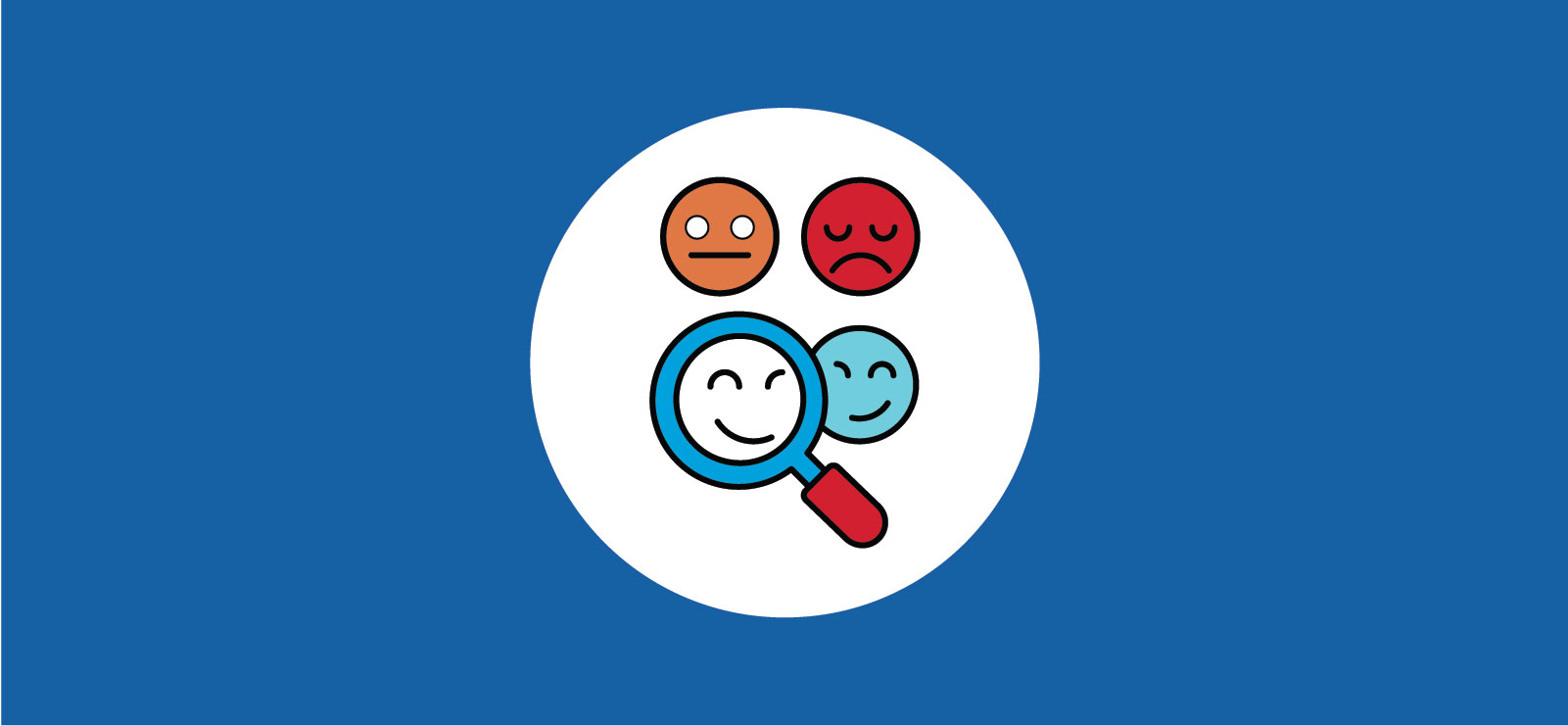Emotional wellness refers to recognizing, accepting, expressing, and managing a range of positive and negative feelings.
Know: What is Emotional Wellness?
Emotional wellness is a state of being aware of, understanding the complexity of, and accepting the range of emotional experiences in oneself and others. It involves being willing and able to share your emotions with others in a constructive way. This includes recognizing that sharing your emotions can be uncomfortable, but this discomfort is temporary and ultimately valuable. Emotional wellness also includes managing your stress and being able to cope with and work through difficult moments.
Do: The Path to Emotional Wellness
- Engage in self-reflection: check-in with how you are feeling
- Share your feelings with others and ask how others are doing
- Identify what helps you cope with daily stress (e.g., breathing exercises, mindfulness/meditation, prayer, exercise, make a plan, budget your time, reframe negative thinking, pray)
- Practice those strategies you find most helpful
- Ask for help when coping on your own isn’t working
Seek: Resources for Emotional Wellness
- Counseling Center: Provides information on confidential services including individual therapy, group therapy, psychiatric consultation, walk-in consultations, walk-in emergency services for mental health crises, and referral services to outside agencies or practitioners.
- Campus Ministry: Provides resources to support students growing in their faith and receiving spiritual guidance through individual and community support.
- PEERS: Provides resources to educate students on alcohol and other drug use and abuse, mental health awareness, sexual assault and violence education, healthy relationships, and bystander intervention.
- Residence Life: Resident Assistants and professional staff can support your connection with the Catholic University community and on-campus resources.
- Crisis Line 988: Text or call to receive 24/7 mental health support from trained counselors.
- College Stress Guide: Provides information on mental health in college and tips for managing stress.
- College Stressors and Substance Misuse: Provides information on healthy and unhealthy coping mechanisms for dealing with stress in college.
- National Alliance on Mental Health College Guide: Provides information and resources for both college students and their parents on navigating and discussing mental health in college.

